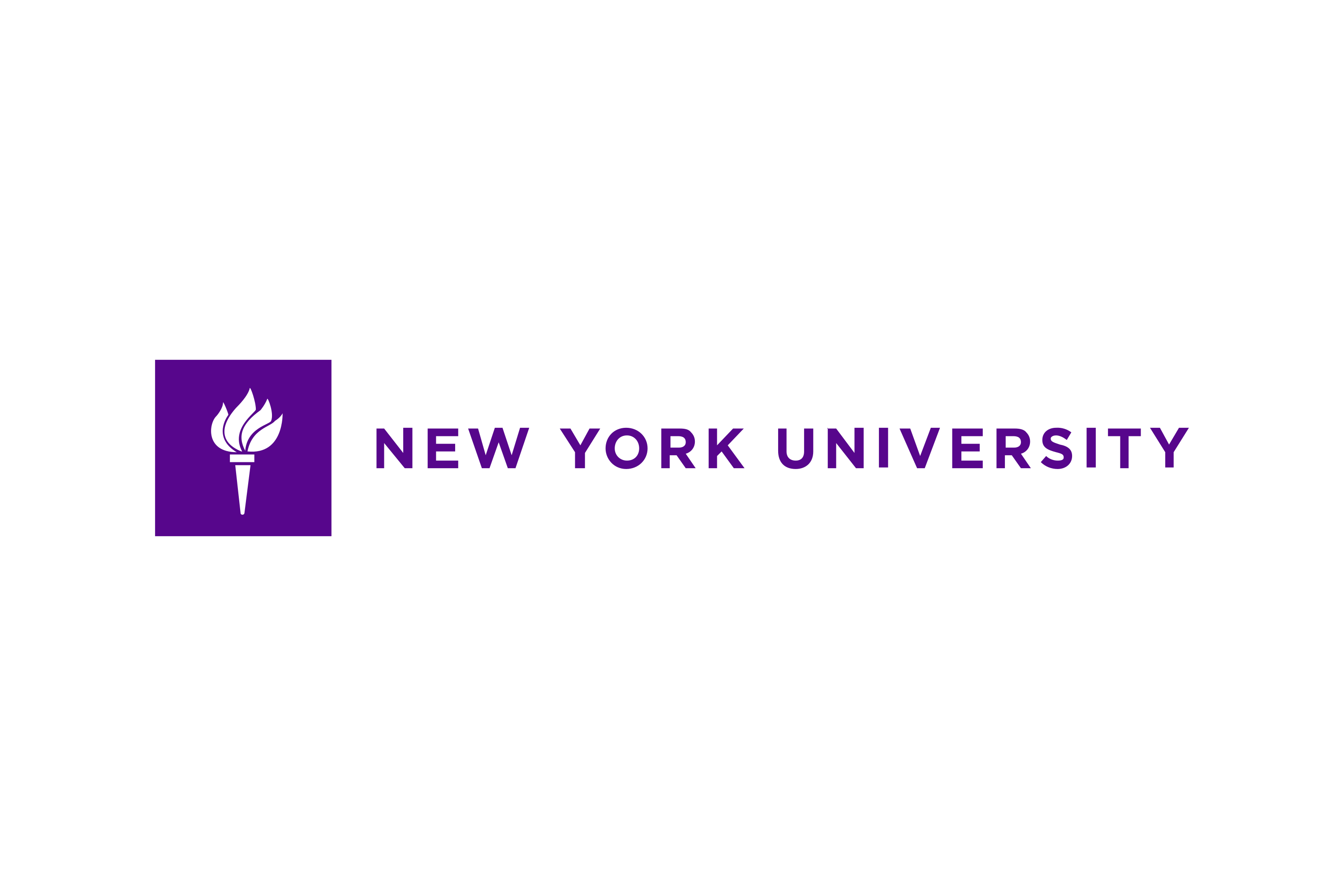New York University: NGO-delivered tutoring programs can improve social-emotional and academic outcomes for Syrian refugee children
Tutoring programs focused on social-emotional learning (SEL) hold promise for improving refugee children’s academic, social, and emotional skills and supporting integration into public schools, finds a new study by a team of education researchers.
“There’s been a significant policy shift over the past 10 years towards the inclusion of refugee children in public schools in refugee-hosting countries. But this shift has placed additional stress on national education systems in low- and middle-income countries that host 74 percent of refugees globally,” said Carly Tubbs Dolan, deputy director of Primary Education and Learning in Emergencies at New York University’s Global TIES for Children. “Our study provides some of the first experimental evidence on one strategy to support refugee children’s learning and adaptation in public school: after-school tutoring programs delivered by non-governmental organizations that are infused with social and emotional learning principles.
As Lebanon’s public school system doubled in size due to the influx of Syrian refugee children amid the Syrian Civil War, the country faced challenges in providing a quality education to its students broadly, and in responding to the unique challenges of refugee students.
To support the Lebanese government in meeting its goal of providing equitable access to education, the International Rescue Committee (IRC)—an NGO that offers humanitarian aid—implemented after-school remedial tutoring programs designed to improve refugee children’s academic, social, and emotional skills.
Researchers at NYU’s Global TIES for Children then evaluated the effectiveness of two different versions of the program. One version, Tutoring in a Healing Classroom, focused on supporting teachers to deliver basic Arabic, second language, and numeracy instruction in a safe and nurturing tutoring classroom environment (referred to as climate-focused SEL activities). A second version called Tutoring in a Healing Classroom + Mindfulness added short, 10-minute mindfulness activities in between subject-matter transitions.
The evaluators found that both versions of the program improved Syrian refugee children’s perceptions of the safety and inclusiveness of their Lebanese public schools. However, only the Tutoring in a Healing Classroom + Mindfulness program, with both climate-focused SEL activities and skill-targeted activities, improved children’s academic skills such as basic literacy and numeracy. There were also some positive signs that the version of the program with the mindfulness component improved children’s emotion and behavioral regulation skills.
Their article detailing these results, “Supporting Syrian Refugee Children’s Academic and Social-Emotional Learning in National Education Systems” was recently published in the American Educational Research Journal.
The research team experimentally evaluated these programs in the first half of the 2016-2017 academic year with randomly assigned groups of Syrian refugee students enrolled in Lebanese public schools: two groups who received the two different versions of the tutoring program, and a control group who did not have access to the tutoring program in that semester.
Students who received the Tutoring in a Healing Classroom + Mindfulness program showed between 2.78-10.64 times the amount of learning for basic literacy and 1.52-3.46 the amount of learning for basic numeracy skills than students who did not receive the remedial programming.
The researchers note that while their results are promising, factors such as absenteeism, frequent migration, and economic stress limit the efficacy of such interventions for many refugee children.
“Children in our study on average attended only half of the offered tutoring sessions, navigating difficulties ranging from needing to work to support their families to lack of safe transportation,” says Dolan. “In order to ensure that these programs deliver on their promise, they may need to be paired with other strategies—such as unconditional cash transfers—that address the significant economic barriers refugee families face to accessing education services even when provided.”
In addition to Dolan, study authors include NYU Steinhardt Professor J. Lawrence Aber; Kalina Gjicali, a research scientist in measurement & evaluation at NYU; Ha Yeon Kim, a senior research scientist at the Primary Education & Learning in Emergencies (PELE) program at NYU; Lindsay Brown, a senior research scientist at PELE; Serena Borsani, education advisor at People in Need; and Samer El Houchaim, monitoring and evaluation specialist at the American University of Beirut and the British Council.

